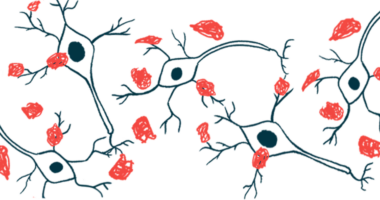FDA Allows Yumanity to Test Single Doses of YTX-7739

The U.S. Food and Drug Administration (FDA) has issued a partial clinical hold in response to an application by Yumanity Therapeutics requesting permission to begin clinical testing in the U.S. of YTX-7739 for Parkinson’s disease.
With this decision, the FDA is allowing Yumanity to conduct a planned clinical trial that will test single doses of the experimental medication. However, the agency is not permitting Yumanity to launch trials in which participants would receive more than one dose of YTX-7739 until certain questions have been addressed.
Yumanity is expecting to receive further details from the FDA in the next month or so. The company “anticipates working closely with the FDA to adequately address their concerns,” according to a press release.
Parkinson’s disease is characterized by the buildup of toxic aggregates (clumps) of a protein called alpha-synuclein in certain brain cells. These atypical protein clumps are thought to drive nerve cell death in people with the disease.
YTX-7739 is a small molecule designed to block the activity of an enzyme called stearoyl-CoA desaturase, or SCD, which is involved in the production of certain fatty molecules.
Activation of the SCD enzyme “appears to play an important and previously unrecognized role” in the development of toxic alpha-synuclein clumps, according to Yumanity. By blocking the activity of SCD, YTX-7739 is expected to modulate the accumulation of alpha-synuclein aggregates, ultimately helping to stop damage to nerve cells.
Preclinical research done in a mouse model of Parkinson’s showed that treatment with YTX-7739 improved motor function and lessened nerve cell damage.
Yumanity previously sponsored a Phase 1 clinical trial of YTX-7739 (NL9172) that was conducted in the Netherlands. In the Phase 1a portion of the trial, 16 healthy volunteers were given one of two oral doses of YTX-7739 for up to 28 days. Results showed that the therapy was generally safe and well-tolerated, and also indicated that it was blocking the activity of the SCD enzyme.
In the Phase 1b portion of that trial, 20 adults with mild to moderate Parkinson’s were given a placebo or YTX-7739 for about a month. Consistent with the data from healthy volunteers, YTX-7739 was well-tolerated, and appeared to decrease SCD activity.
Yumanity recently was awarded a $500,000 research grant from the Michael J. Fox Foundation for Parkinson’s Research (MJFF) to help accelerate the testing of YTX-7739.







